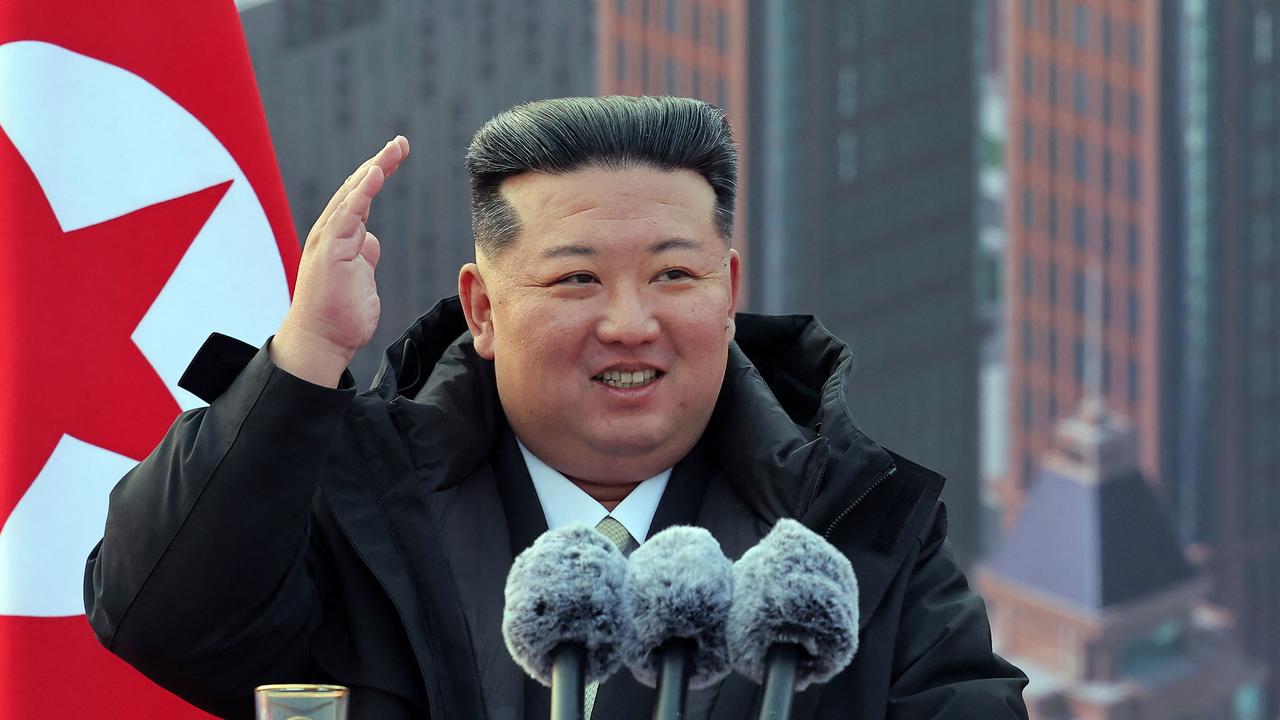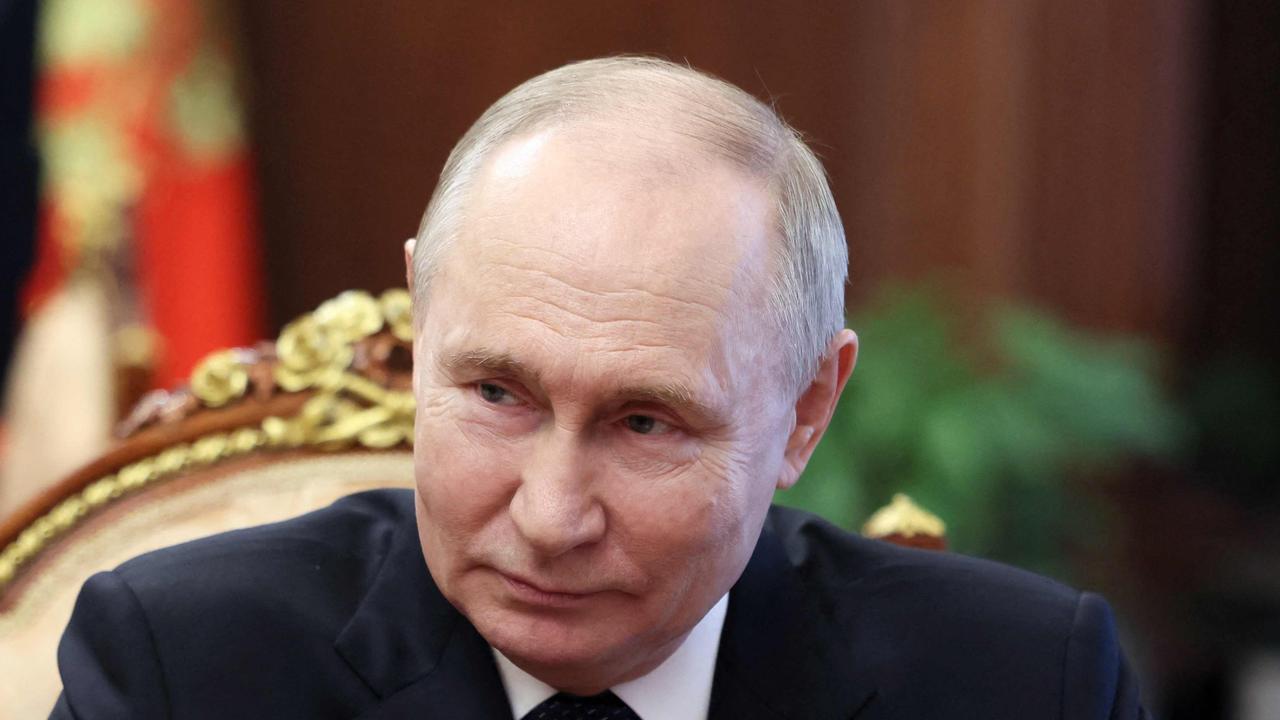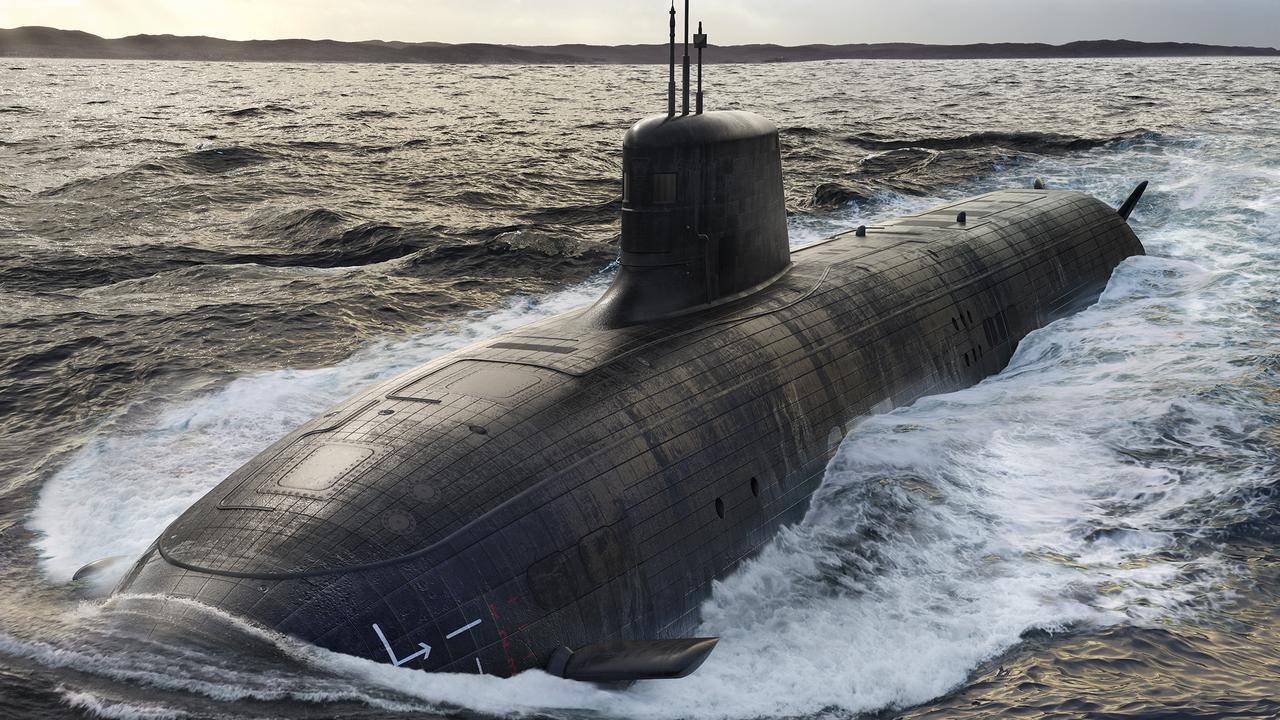China accused of blackmailing Indo-Pacific nations who need COVID vaccines
Beijing is holding vulnerable countries in Australia’s neighbourhood ransom, making potentially deadly demands over vaccine deals.

China has been accused of pressuring smaller nations, ravaged by coronavirus and desperate to get their hands on a vaccine supply, into favourable trade deals.
Australia fast-tracked 8000 of its own coronavirus vaccine supply to Papua New Guinea last week after a coronavirus outbreak swept through the country and has offered “end to end” support for the developing nation.
But other countries around the world, including Indonesia, the United Arab Emirates, Brazil and The Philippines have instead made agreements with China.
China currently has five coronavirus vaccines that have been given conditional market approval or allowed for emergency use.
Its two main vaccines – Sinopharm and Sinovac – have been the ones China has made readily available to those nations.
RELATED: COVID surge pushes PNG health care to the brink
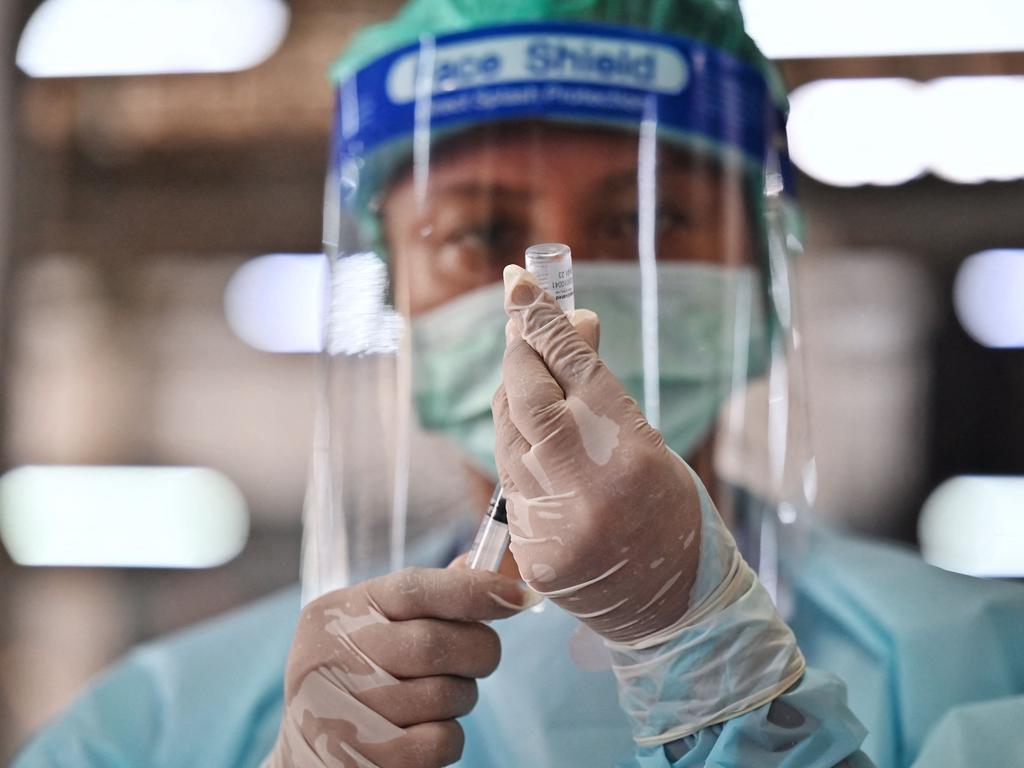
RELATED: Australia’s plan to slap sanctions on China
However experts fear there could be “strings attached” to nations getting their vaccines from China, according to The Australian.
Perth US-Asia Centre director Jeffrey Wilson told the paper that China was no stranger to using “conditionalised economic punishments or inducements” to get what it wanted.
“China’s vaccine diplomacy is really just a form of economic diplomacy,” Dr Wilson said.
“We’ve seen sanctions against Australia, we’ve seen the Belt and Road Initiative, and now we’ve got vaccine diplomacy.
“They are all fundamentally the same thing, using economic sticks and carrots.
“It’s a common path of the Chinese aid program which has never been transparent.”
China has also reportedly been making contact with the Solomon Islands, however the South Pacific nation received its first AstraZeneca doses last week through the COVAX initiative.
Dr Wilson said China’s negotiating differed depending on the nation, but the deals typically involved support of Huawei, the nation’s tech giant.
“It’s not always Huawei, but they have been very, very active in support of Huawei as China’s national tech champion,” he said.
RELATED: Australian-made AstraZeneca vaccine approved by the TGA
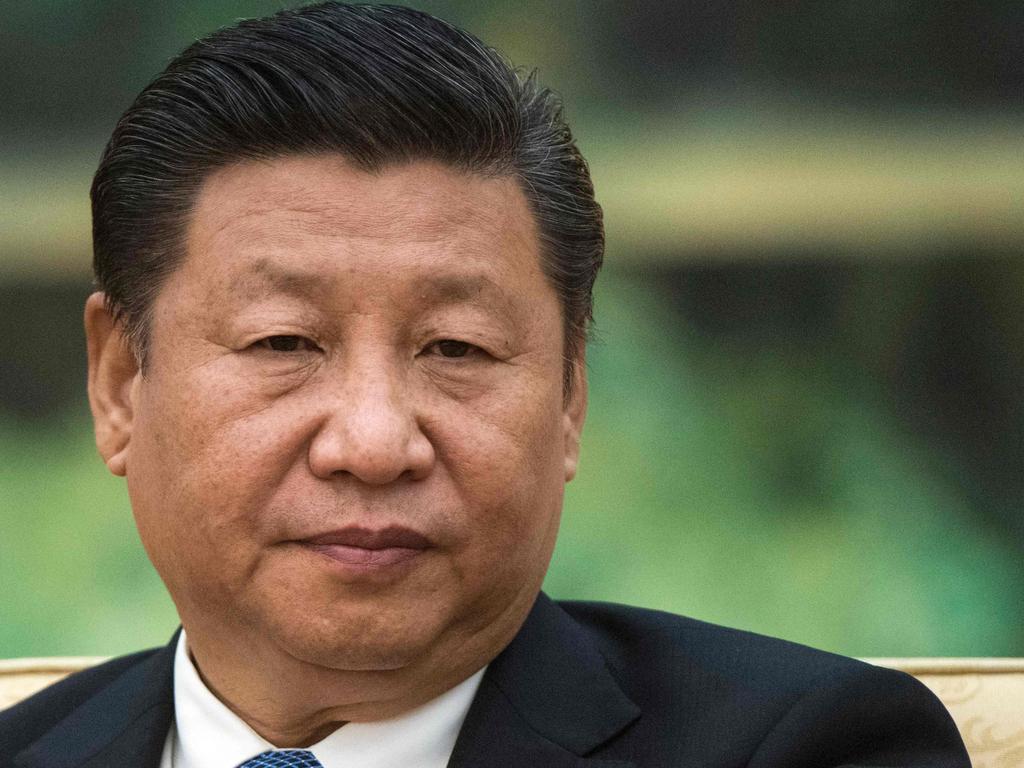
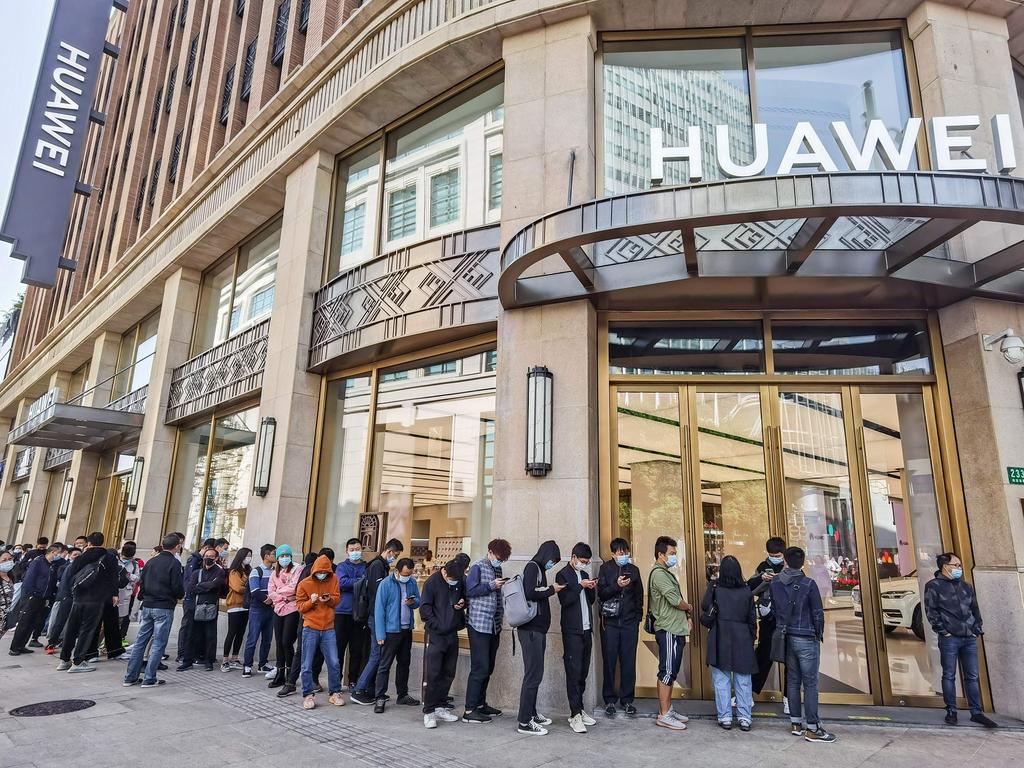
RELATED: WHO Wuhan virus investigation ‘hampered by China’
Both Russia and China have previously rejected accusations they were seeking to use coronavirus vaccines to project their influence around the world.
Speaking to reporters after talks with Chinese counterpart Wang Yi yesterday, Russian Foreign Minister Sergei Lavrov insisted that both countries were guided by principles of “humanity” rather than geopolitical interests.
“Russia and China have been models of openness, co-operation and mutual assistance,” Mr Lavrov said in the southern Chinese city of Guilin in comments released by his ministry.
When it comes to tackling the coronavirus pandemic, he said, it is important to be guided by “humanity and the interests of saving lives” rather than “geopolitical considerations and commercial approaches”.
“Everyone, including our Western partners, who are trying to make Russia and China look like some sort of opportunists in the field of so-called ‘vaccine diplomacy’ should absolutely remember that,” Mr Lavrov added.
“This is absolutely divorced from reality.”
Mr Wang said it was wrong to suggest China was “scheming to conduct some kind of vaccine diplomacy”, accusing some countries of “selfish mass hoarding of vaccines”.
“Our intention from the start is to let more people receive the vaccine as soon as possible,” he said.
“For China and Russia, our choice is not to benefit only ourselves, but rather to help the whole world.”
China, where the first coronavirus cases were found at the start of the pandemic, has been supplying several countries with vaccines, sometimes for free.
Russia has been proudly distributing its Sputnik V vaccine, named after the first satellites launched by the Soviet Union.
Critics in the West accuse the two powers of using the vaccines to extend their global influence, while Moscow and Beijing say Western countries are buying up and hoarding vaccines, often to the detriment of poor countries.
– with wires

